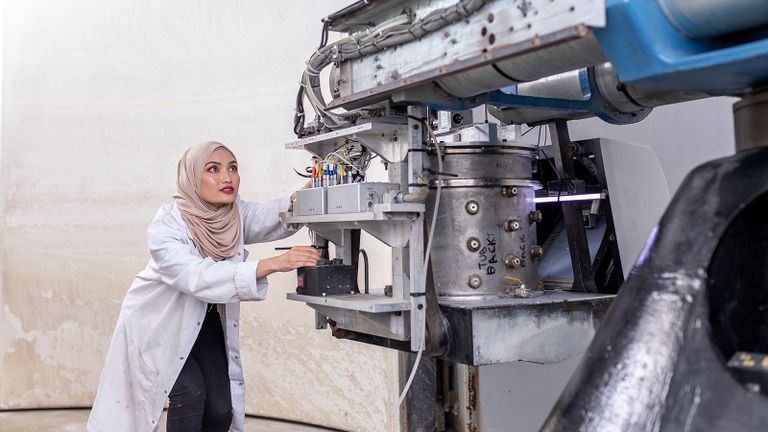City, University of London
National rank
69
th
80.5
%
Firsts / 2:1s
90.2
%
Completion rate
Key stats
127
th
Teaching quality
116
th=
Student experience
37
th
Research quality
45
th=
Graduate prospects

Performance
| Category | Score | Rank |
|---|---|---|
| Ranking | - | 69 (55) |
| Teaching quality | 67.5 | 127th |
| Student experience | 66.7 | 116th= |
| Research quality | 51.5 | 37th |
| Ucas entry points | 132 | 52nd |
| Graduate prospects | 77.6 | 45th= |
| Firsts and 2:1s | 80.5 | 46th |
| Completion rate | 90.2 | 40th |
| Student-staff ratio | 19.4 | 110th= |
| World ranking | - | 355= (330=) |
Vital statistics
| Undergraduates |
Full-time 11,396 |
Part-time 1,105 |
| Postgraduates |
Full-time 6,647 |
Part-time 2,179 |
| Applications/places | 26,625/4,265 | |
| Applications/places ratio | 6.2:1 | |
| Overall offer rate | 53.7% |
Accommodation
| Places in accommodation | 999 | |
| Accommodation costs | £165 - £232 | |
| Catered costs | £216 - £306 | |
| Accommodation contact | https://www.city.ac.uk/prospective-students/accommodation/residential-halls |
Finance
| UK/EU fees | £9,250 | |
| Fees (placement year) | £1,850 | |
| Fees (overseas year) | £1,060 | |
| Fees (international) | £15,460 - £26,010 | |
| Finance website | https://www.city.ac.uk/prospective-students/finance | |
| Graduate salaries | £26,000 |
Sport
| Sport points/rank | 309, 73rd | |
| Sport website | https://studenthub.city.ac.uk/student-life/sport-and-recreation |
Social inclusion and student mix
| Social Inclusion Ranking | 71 | |
| State schools (non-grammar) admissions | 88.7% | |
| Grammar school admissions | 4.5% | |
| Independent school admissions | 6.8% | |
| Ethnic minority students (all) | 81.3% | |
| Black achievement gap | -13.4% | |
| White working class males | 1.8% | |
| First generation students | 58.5% | |
| Low participation areas | 2.9% | |
| Working class dropout gap | n/a | |
| Mature | 12.8% | |
| EU students | 7.8% | |
| Other overseas students | 18.8% |
Student satisfaction with teaching quality
| English | 90% | |
| History | 84.5% | |
| Subjects allied to medicine | 78.8% | |
| Accounting and finance | 76.6% | |
| Politics | 73.3% | |
| Psychology | 73.3% | |
| Communication and media studies | 71.2% | |
| Radiography | 69.8% | |
| Business, management and marketing | 68.6% | |
| Music | 67.5% | |
| Law | 66.2% | |
| Computer science | 64.3% | |
| Mathematics | 63.7% | |
| Nursing | 63.7% | |
| Criminology | 60.6% | |
| Sociology | 60.6% | |
| Electrical and electronic engineering | 58.2% | |
| Mechanical engineering | 53.2% | |
| Civil engineering | 52.5% | |
| Aeronautical and manufacturing engineering | 50.2% | |
| Economics | 49.7% | |
| Bioengineering and biomedical engineering | 41% |